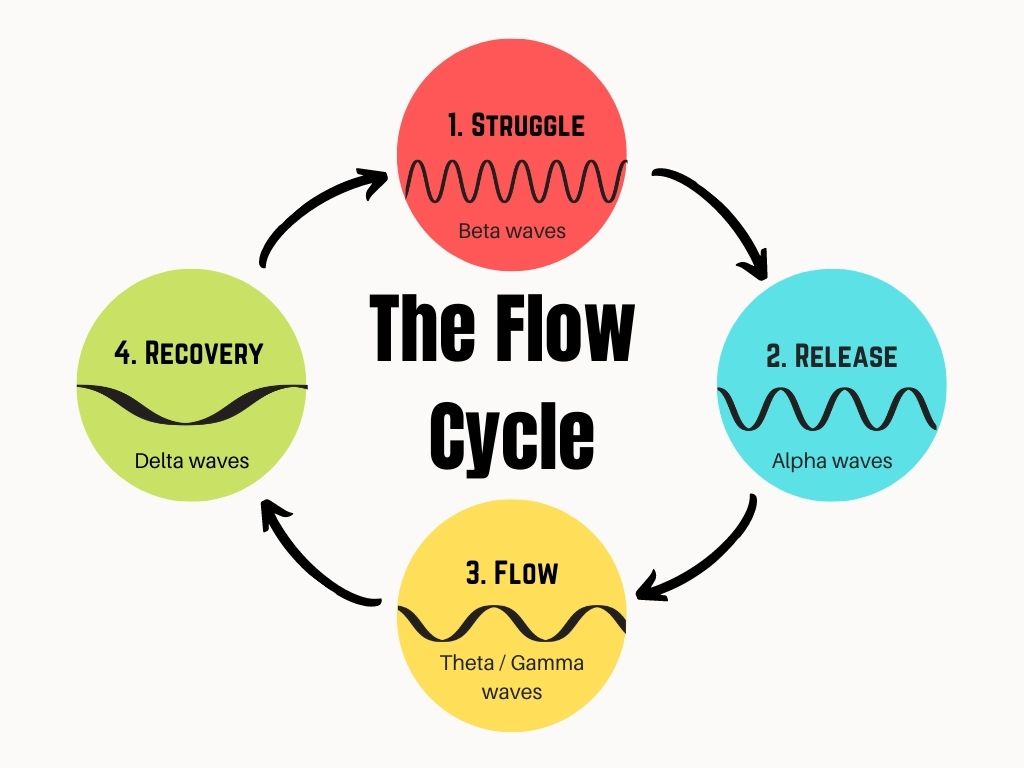“The power of habit and the charm of novelty are the two adverse forces which explain the follies of mankind.” – Maria de Beausacq
We’re caught in the middle of a game of tug o war. On one side is habit, repetition, and routine; on the other side is novelty, excitement, and risk.
Some of us live closer to one than the other — a daredevil rebel always on the edge, never sticking to routine or structure; or the quiet studious person that finds it easy to create habits and maintain a structured lifestyle. But most of us are somewhere in between.
Given the differences between these styles of living, it’s not hard to see why a habit based on novelty would be difficult, it places together two functions that normally sit on opposite sides.
Yet the benefit to a habit of curiosity is there for anyone — boosts in creativity, knowledge, and experience; greater self-control and confidence; and of course a more fulfilled and exciting lifestyle.
While there are difficulties in achieving a novelty habit — especially for those at the edges of the scale — it’s not impossible, all it takes is the right idea and enough motivation.
Out With the Old, In With the New
A novelty habit should provide a nice balance between old and new, it’s the idea of becoming comfortable with being curious. here are a few techniques:
1. Make ‘why’ your favorite word. Put yourself in a child’s shoes and get that wide-eyed wonder of the world back. Don’t settle on assumptions when the habit of asking why could lead to a better understanding or a new perspective on things you think you know.
2. Beware of confirmation bias. Speaking of perspectives, when we seek out information, we often look for what we think the answer is — which will only lead to support for that view. Get into the habit of searching for the other side of the argument, look for what might disprove your idea, or contradict your views. Then you’ll have a greater understanding from which to pick your standing.
3. Mix the old with the new. Every time you go for a run or a bike ride, even on your way to work, try to go somewhere different. If you have a few meals you cook each week, add something new each time. If you always listen to the same music, choose a new band once a week. You should never feel like you’re just going through the motions.
4. Take a new course/learn a new language/pick up an instrument. Each of these require some structure and discipline, but they’ll also provide you with new challenges and experiences.
The Novelty Seeker
The mere-exposure effect within psychology says that as we become more exposed to something, we become more comfortable with it — it happens in small simple things like music when we have a song ‘grow’ on us, to bigger things like when you get comfortable camping in the middle of the wilderness. But the idea is also that we are fearful at the beginning, we understand there is a risk — even if that risk is as small as being disappointed in the song we listen to.
We approach new things with caution, sniffing them out slowly so as not to be surprised. Because unlike the cat, we don’t have nine lives, we need to protect ourselves from potential harm.
Despite this, seeking out new experiences is how we learn — it’s enlightening, adds spice to our lives, and is a little risky. “Novelty-seeking is one of the traits that keeps you healthy and happy and fosters personality growth as you age,” says C. Robert Cloninger, “[…] if you combine this adventurousness and curiosity with persistence and a sense that it’s not all about you, then you get the kind of creativity that benefits society as a whole.”
With the right novelty habit, we should be able to explore, to take in new experiences and gain new insights, yet feel safe and comfortable in doing so.
In essence, the novelty habit will get you hooked on curiosity.
- 5 Powerful Mental Models To Help You Navigate a Complex World - January 3, 2022
- Rapid Skill Acquisition: Autodidactism And Meta-Learning As A Skill - May 28, 2021
- The 7 Best Online Learning Platforms For Career Development - May 27, 2021





 This website uses cookies to improve your web experience.
This website uses cookies to improve your web experience.
Get article Sam! Keep it up.